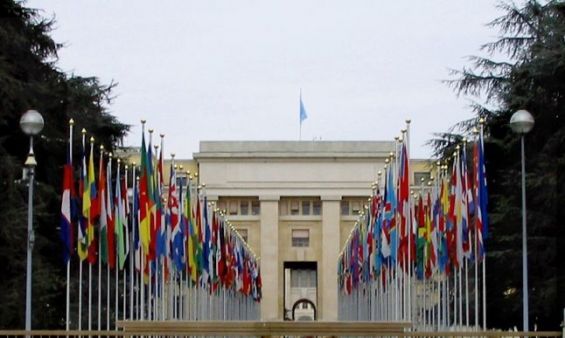Morocco will officially present its responses on the recommendations, raised during the Universal Periodic Review, on Thursday 21st of September, at the 36th session of the UN Human Rights Council (HRC). It is already known that the Kingdom has accepted 191 recommendations, 168 of them are being implemented while 23 have already been implemented. On the other hand, the Moroccan authorities refused partially 18 recommendations and rejected 26 of them fully.
This rejection has already provoked reactions among human rights activists. Contacted on Wednesday by Yabiladi, Al Karama Foundation, an independent Swiss-based human rights NGO that records human rights violations in the Arab World including Morocco, expressed its concerns. «We are worried that Morocco has rejected recommendations formulated by Sweden and the United States and which are related to refraining from prosecuting journalists under laws other than the Press and Publication Code», says Rachid Mesli, legal director of Al Karama Foundation.
«We had so much hope in Morocco, especially, after the constitutional reforms conducted in 2011 and the various measures taken during this period and that Morocco would play a leading role for human rights in the region. Al Karama is surprised by the rejection of such recommendations».
Implementing effective recommendations
The Geneva-based NGO also commented on the recommendations that were accepted by the Kingdom. «We hope that the recommendations accepted by the Moroccan government will be effectively implemented, especially the one of Portugal» to take concrete steps and strengthen its cooperation with special procedures of the United Nations, particularly the ones related to the Human Rights Council, declares the Foundation’s legal director. «It is essential to implement the views of the Working Group on Arbitrary Detention requesting the release of detainees convicted in unfair trials and on the basis of confessions obtained under torture», he added.
Established in 2004, Al Karama Foundation is a bridge between individual victims and international human rights mechanisms. Its goal is to have an Arab World where all individuals live in freedom and dignity, as its name suggests, and are protected by the rule of law.
For the record, the Kingdom’s refused and accepted recommendations will be discussed tomorrow before member-States of the United Nations Human Rights Office. In May 2017, Mustapha Ramid accompanied by a delegation presented the government’s national reports during the third cycle of Universal Periodic Review where Morocco was given 244 recommendations.




 chargement...
chargement...












